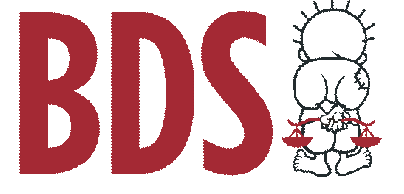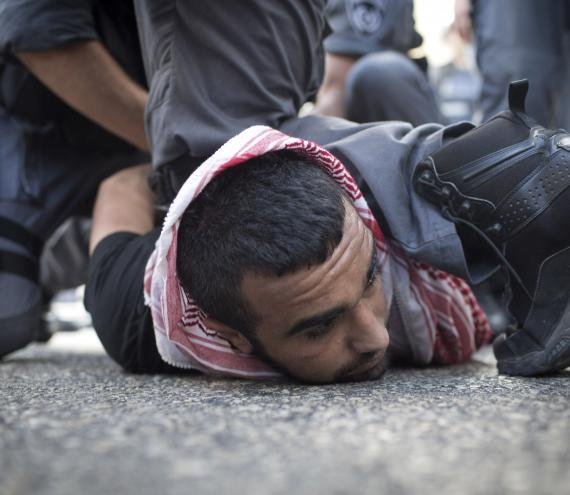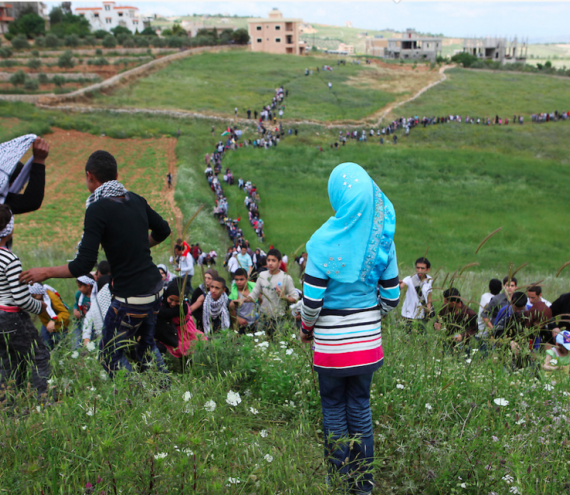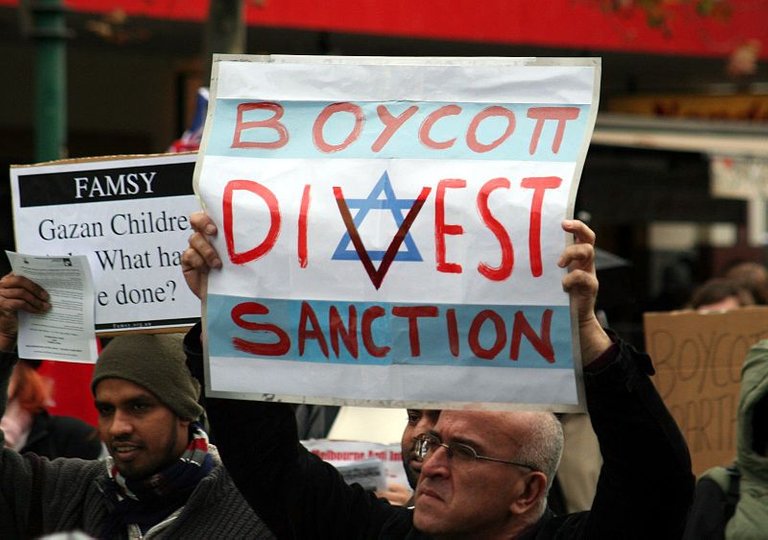
The history of the Palestinian people is full of forms of popular resistance, including the experiences of the boycott, especially in the first Intifada,
Influenced by the experiences of the struggle in South Africa and the civil rights movement in the United States against persecution; and after the failure of the international community to stop Israeli violations against the Palestinian people.
In 2005, a historic appeal was issued to the free and the all people of the world, adopted by all institutions of the Palestinian community calling them to boycott Israel and also withdraw investments from it, as a major form of Palestinian peaceful popular resistance and as the most important form of global solidarity with the struggle of the Palestinian people.
This appeal was made until Israel is committed to the implementation of three necessary conditions for the exercise by the Palestinian people of their inalienable right to self-determination:




Source
This movement was known worldwide by Boycott, Divestment and Sanctions (BDS). Through its name, its activities were as follows:
Boycott: Includes stopping the dealings with Israel, boycotting Israeli companies, as well as international organizations that have committed violations of Palestinian rights and boycotting Israeli sports, cultural and academic institutions and activities.
Divestment: Withdrawal of investments campaigns seek to pressure investors and contractors with Israeli and international companies which involved in the crimes of the occupation state and Apartheid to withdraw their investments and terminate their contracts with these companies.
Sanctions: This means the punitive measures taken by governments and official and international institutions against a state or a body that violates human rights, with the aim of forcing them to stop these violations.
These include military, economic, cultural and other sanctions; for example, by stopping military cooperation, halting free trade agreements or expelling Israel from international forums such as the United Nations, the Inter-Parliamentary Union, FIFA or others.
@redpalestino
@lyndsaybowes
@ricko66
liked, followed, resteemed
